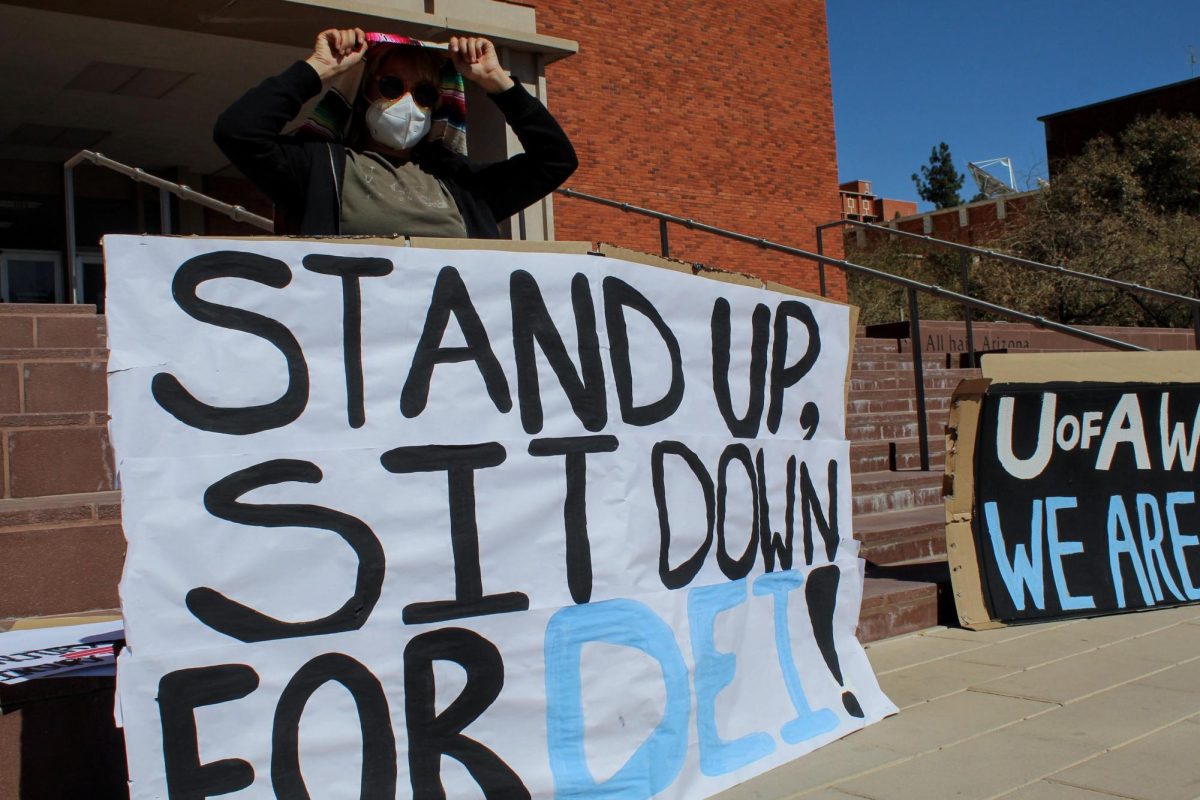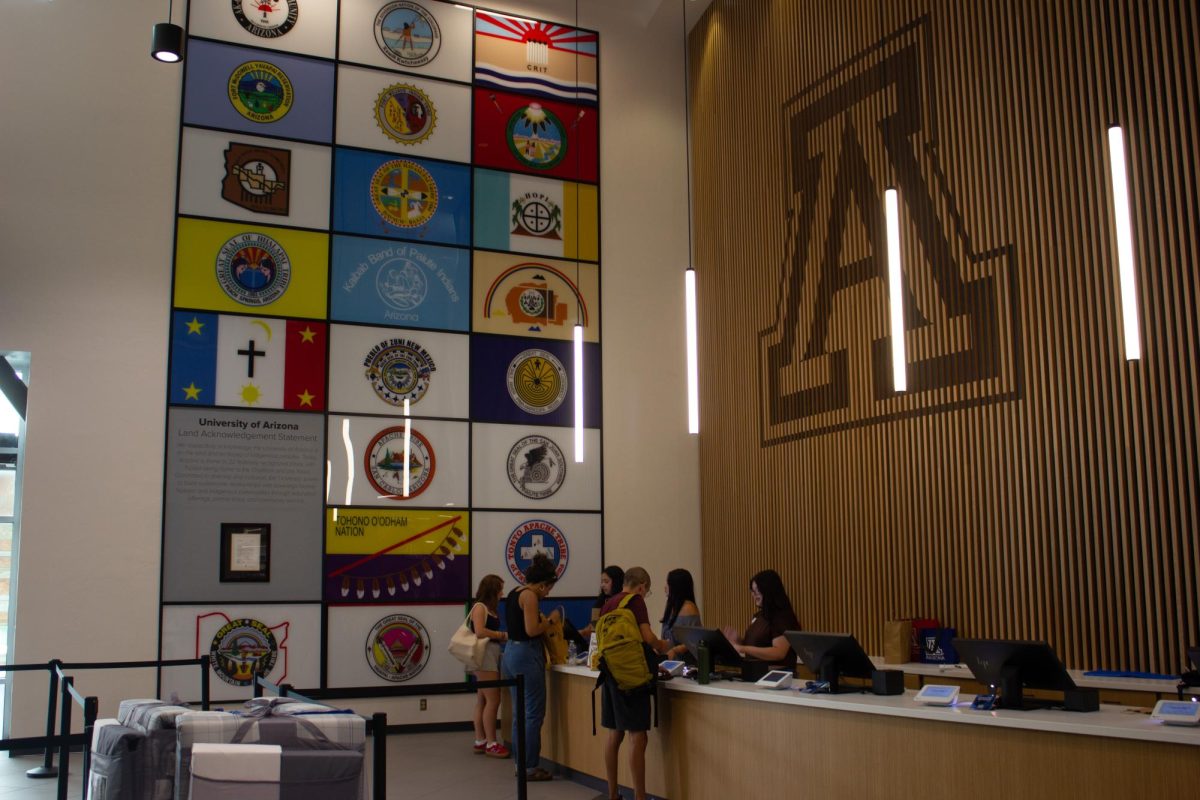The Associated Students of the University of Arizona discussed the effectiveness of their current office hour documentation process and cast a vote on stipend payouts for next year’s senate during it’s Feb. 15 meeting.
Following the release of a Daily Wildcat article that noted an inconsistency with the number of hours required by ASUA senators and the hours they were documenting, Senator Kincaid Rabb suggested a review of the current method in ticket item S17077.
“After we had some lovely reporting from our lovely student media,” Rabb said. “I thought it might be a good idea to bring this issue out into the open and see if office hours are really the best way of measuring a senator’s efficiency and productivity.”
ASUA President Michael Finnegan mentioned that there was a previous process in place that was much simpler than a physical sign-in sheet in the ASUA office.
“You had to log into a computer, type in a password and a four-digit pin and then you could clock-in and clock-out the same way,” Finnegan said. “This Excel sheet was the easiest way to write down your office hours.”
Finnegan warned that this method unfortunately allowed some senators to fabricate hours or ignore documenting them at all.
However, the consenting opinion among the senators at the meeting was that self-policing and accountability on behalf of fellow senators was important, no matter what system was being used.
Discussion of the office hour documentation segued into the vote for the stipend allocation for the 2017-2018 year.
Finnegan and Administrative Vice President Tatum Hammond advised that a decision be made during the meeting, as polls in the ASUA primary would close only hours later.
It was noted that any decision made after the primaries might jeopardize the integrity of the vote for a decrease or increase of the stipend for future or re-elected senators.
Hammond left the meeting with a parting question for the senate as a reflection on the adjustment of the stipend.
“The senate class doubled this year,” Hammond said. “Do you think that the amount of work and contributions have doubled?”
After a 45-minute deliberation, the senate voted to keep the stipend at its current annual payout of $1,275.
Follow Micheal Romero on Twitter.









